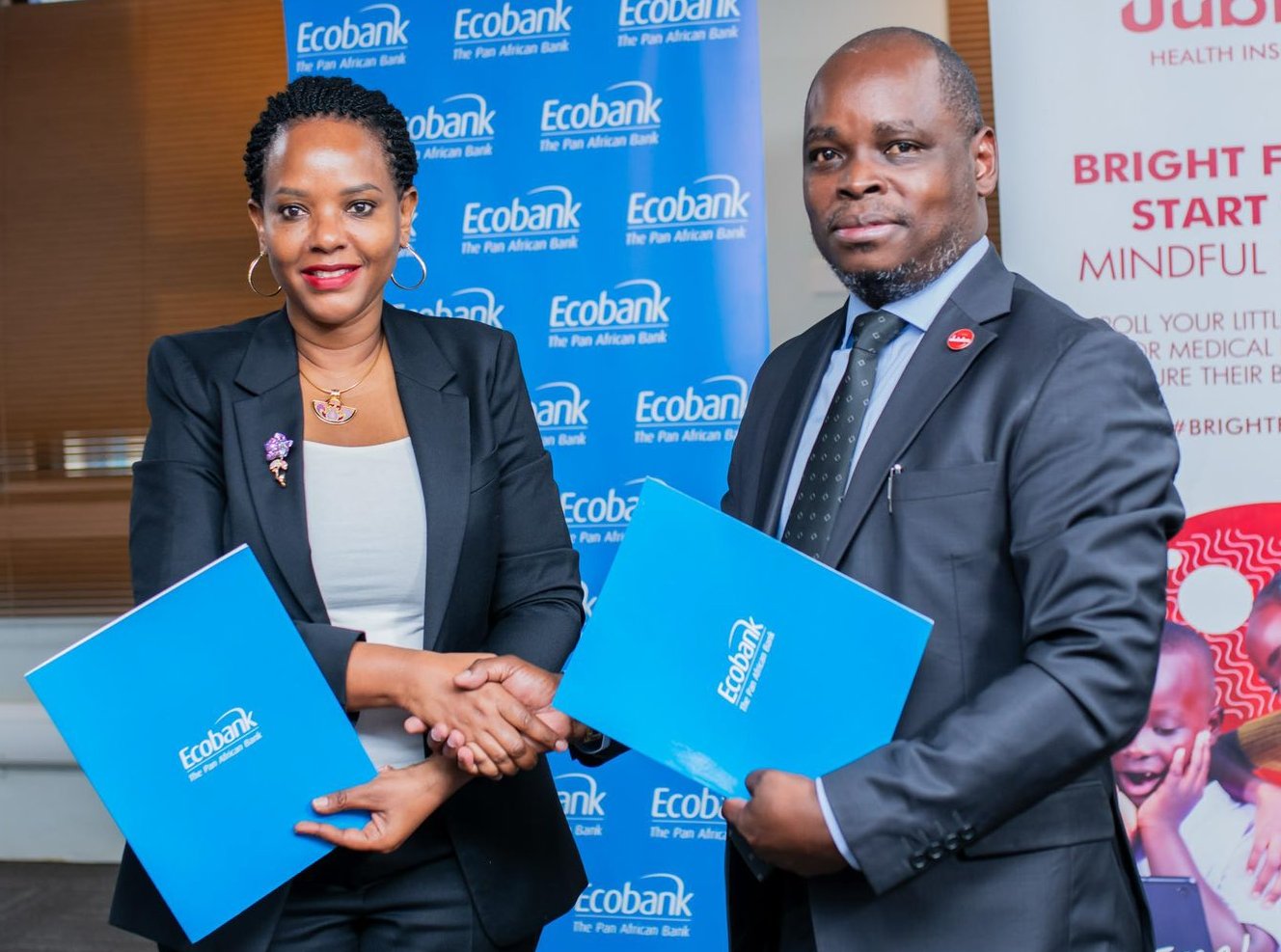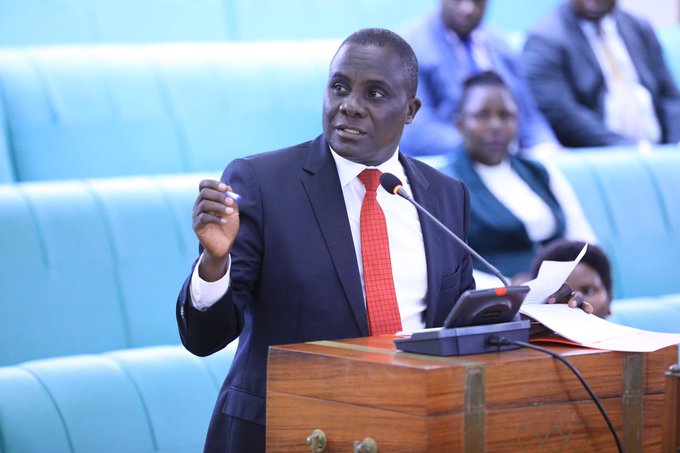How digital innovation is shaping Uganda’s health insurance future
Ecobank Uganda and Jubilee Health Insurance launched a strategic partnership with a simple, yet ambitious goal: make health insurance more accessible and affordable through digital innovation.

As healthcare costs steadily rise across the country, a quiet transformation is unfolding at the intersection of banking, insurance, and technology—a transformation that experts believe could redefine how Ugandans prepare for medical emergencies.
Earlier this month, Ecobank Uganda and Jubilee Health Insurance launched a strategic partnership with a simple yet ambitious goal: make health insurance more accessible and affordable through digital innovation.
While this might sound like a corporate announcement, health economist Dr. Susan Atukunda sees it as something far more significant—a potential game-changer for financial protection in Uganda’s healthcare system.
“What many people don’t realize is that health insurance isn’t just a financial product—it’s a lifeline,” Dr. Atukunda says. “When banks and insurers work together to simplify access through mobile and agent banking, they’re creating a safety net for families who would otherwise face financial ruin in the face of a medical crisis.”
At the center of this initiative is J-Force, Jubilee’s new digital platform that empowers agents to onboard clients more efficiently. Meanwhile, the launch of the Next Pay mobile application offers customers the ability to manage their insurance plans with a few taps on their phones.
According to John Kakande, a representative from Jubilee, the move was driven by urgency. “We are responding to a very real problem. Rising treatment costs have left many households vulnerable,” he explains. “Digital tools allow us to reach people where they are—whether in urban centers or rural communities—without them having to walk into a branch.”
Ecobank’s Mukasa Eria Kigo, head of insurance, echoed the sentiment, noting that their vast agency banking network will be critical in delivering services even to last-mile customers.
For Dr. Atukunda, the initiative’s success will depend on education and trust. “The digital tools are powerful,” she says. “But people need to understand why health insurance matters and how these new platforms can work for them. That’s where sustained community engagement will be key.”
In a country where less than 2% of the population is insured, this partnership may be one of the boldest attempts yet to reverse the trend—not through charity, but by transforming complex systems into simple, mobile-first solutions.
The future of health insurance in Uganda might just lie in your pocket.







